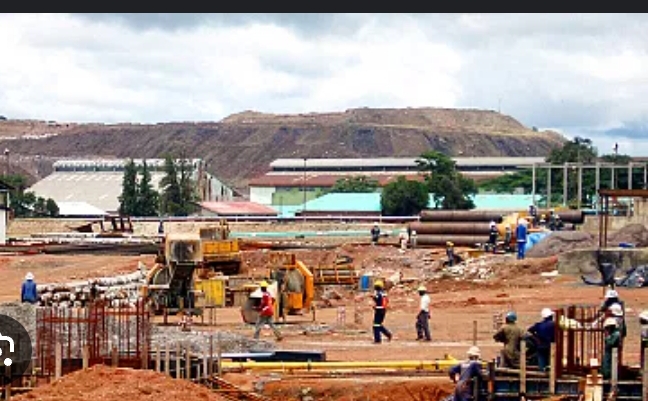Zambia and the Democratic Republic of Congo have agreed to reopen their shared border, ending a brief but intense trade dispute that had caused Zambia to close the border over the weekend, the agreement was reached on Monday following negotiations between officials from both nations.
“The Zambian party informed the Congolese party that the border will be reopened, to allow the free movement of people and goods between the Democratic Republic of Congo and the Republic of Zambia,” the ministers of commerce from both countries announced in a joint statement.
The closure of the border by Zambia on Sunday was in response to Congo’s decision to impose a ban on the import of soft drinks and beer from Zambia. The ban sparked protests from Congolese truckers near the border town of Kasumbalesa, and it also drew criticism from Zambian business groups.
The Zambian Association of Manufacturers expressed concern over the ban, stating that it could set a “dangerous precedent for future trade relations.” This sentiment was echoed by other stakeholders who feared the impact on cross-border trade and economic ties between the two countries.
The decision to close the border had far-reaching implications, particularly for Congo’s mining sector. The landlocked country, which is the world’s largest producer of cobalt, relies heavily on Zambia as a transit route for its mineral exports. Much of Congo’s gold, copper, and cobalt reserves, which are located in its mineral-rich eastern region, are transported through Zambia to reach international markets.
Zambia, for its part, is a crucial gateway for Congo’s imports, and the border closure threatened to disrupt the flow of goods and services between the two countries. The Congolese trade ministry noted that it had not received a formal complaint from Zambia prior to the border closure and questioned the necessity of such a drastic move.
However, the talks in Lubumbashi, which were led by Zambia’s Minister of Commerce, Trade, and Industry, Chipoka Mulenga, resulted in a resolution that both sides hope will lead to “a lasting solution.” The reopening of the border is expected to ease tensions and restore normalcy to the region’s trade activities.
As the two nations work to strengthen their economic ties, the resolution of this dispute underscores the importance of dialogue and cooperation in managing the complex and often delicate relationship between neighboring countries.




Comments